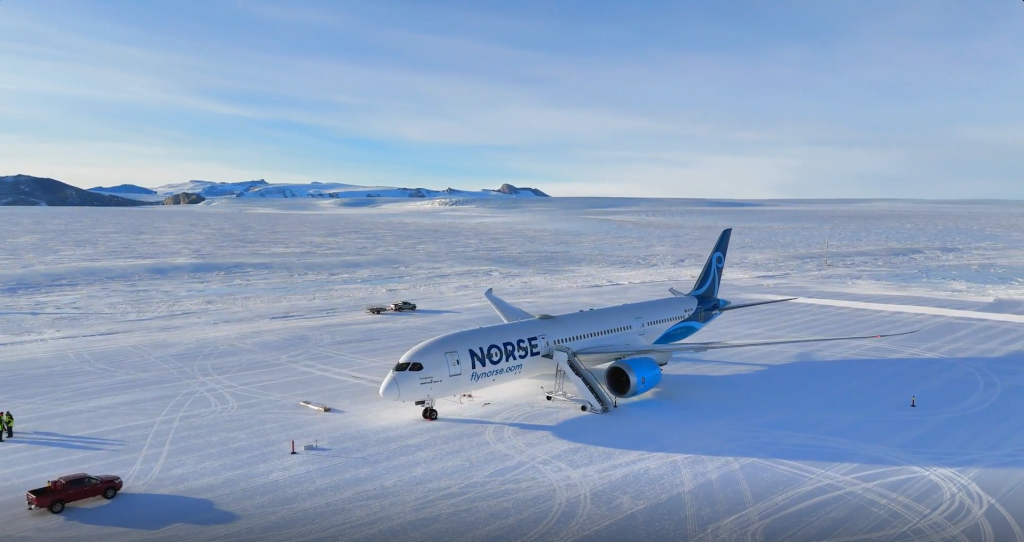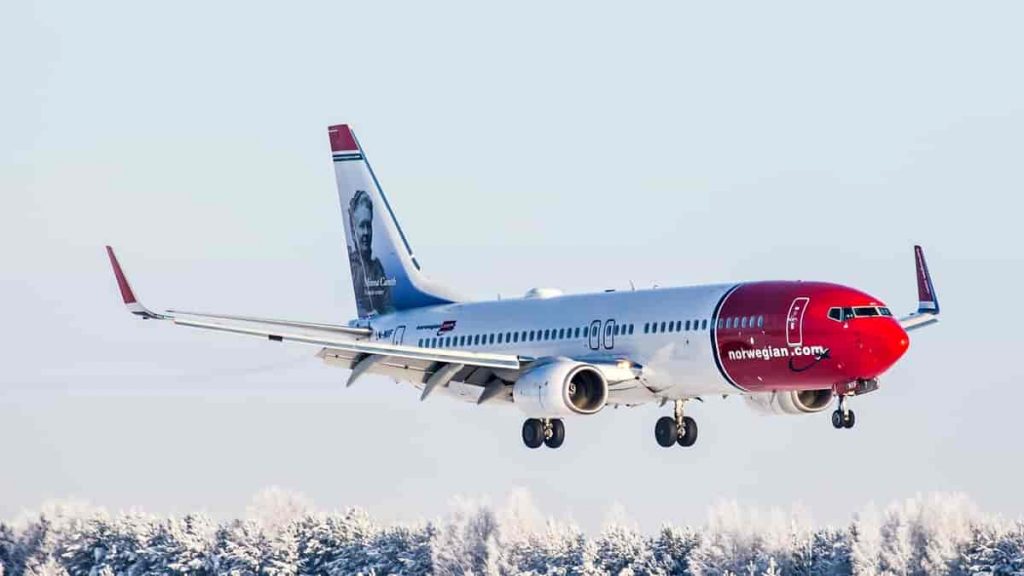Your training will begin in the U.S. with Basic Flying followed by Advanced Flying. After completing your flight training in the U.S., you will return to Norway to continue with the ATPL theory leading up to the ATPL exams. From there, you will move on to A-UPRT, followed by the CPL ME/IR skill test. The program ends with the Airline Pilot Standard course (APS-MCC), which prepares you for your first airline job. By the end, you’ll have a CPL ME/IR with a frozen ATPL and an FAA license. Whether you start in fall or spring, you will complete the same theoretical subjects and flight training. This means you will graduate with all the licenses required to start your airline career.
Whether you start during fall or spring, within 20-24 months, you will receive all the required certificates to start your career as an airline pilot (CPL ME/IR with frozen ATPL).
When you start the course in January, the first two semesters will be theoretical instruction in Block 1 and then VFR training, followed by Block 2 of theoretical instruction. The last two semesters will start with Block 3 of theory and then IFT Training and end with Phase 5 MCC/APS
When you start the course in August, the first two semesters will be theoretical instruction (ATPL theory). After completing the theoretical part you will start flight training phases 1-5. VFR training will be phases 1-3 and then IFT Training phase 4, with the last flight training being phase 5 with MCC/APS
The structure for the April class is still being finalized, but everyone will start with block 1 before flying.
Whether you start during fall or spring, you will complete the same theoretical subjects and flight training. This means you will have all the required licenses to start your career as a pilot in an airline.
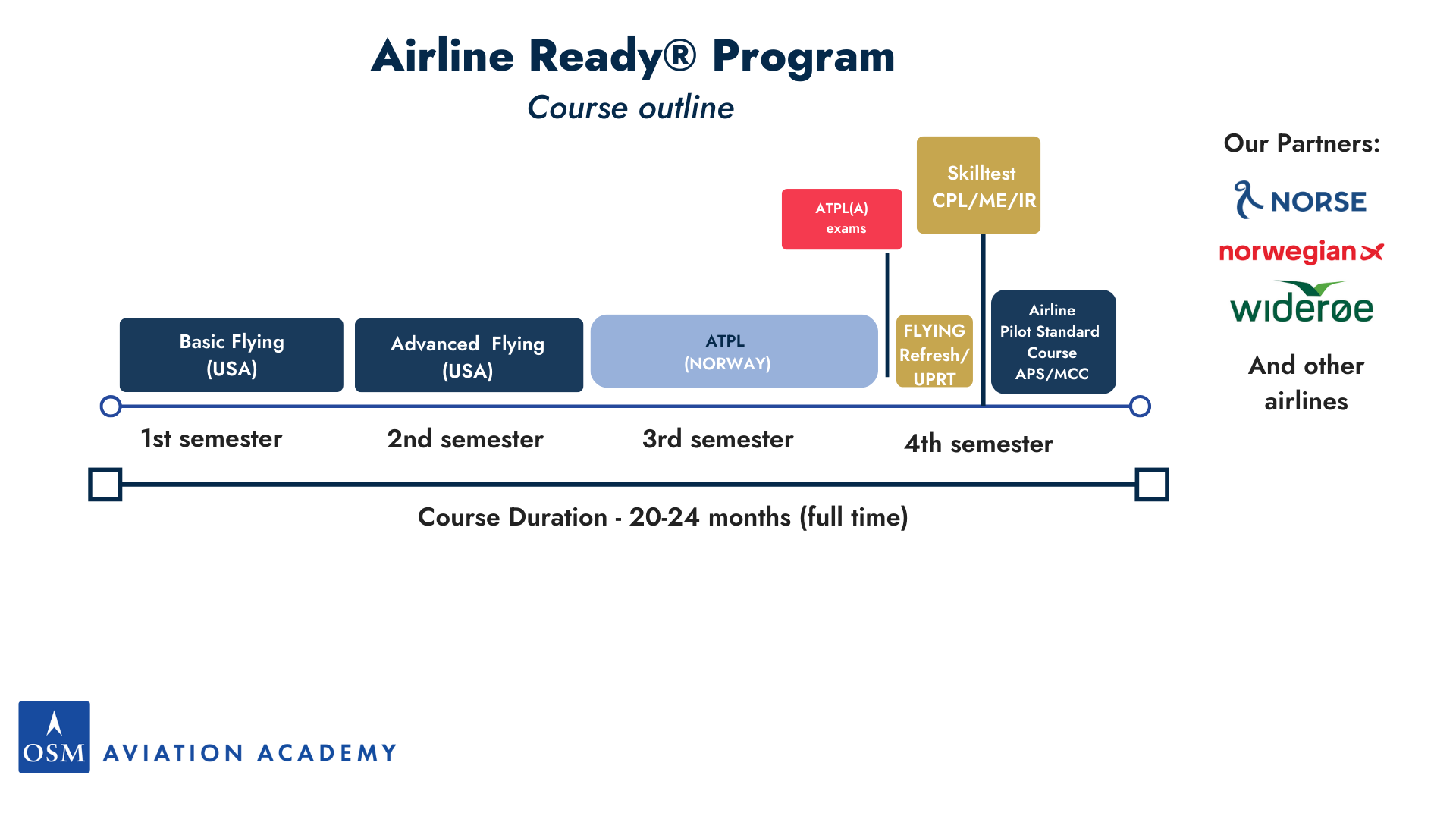
The theory training is divided into three blocks, each covering different subjects essential for pilot education. Each block builds on the previous one, ensuring a structured and comprehensive learning experience.
Block 1
Block 2
Block 3
Block 1
Block 2
Block 3
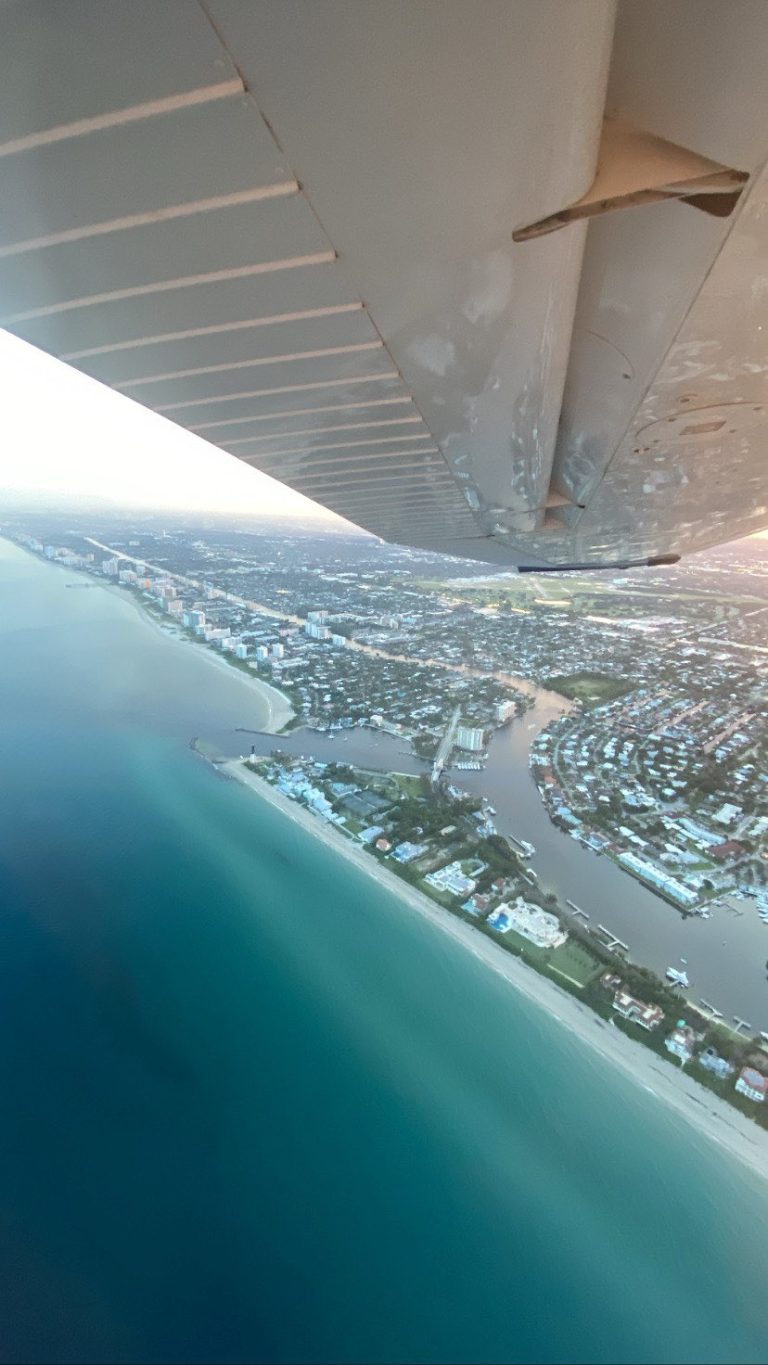
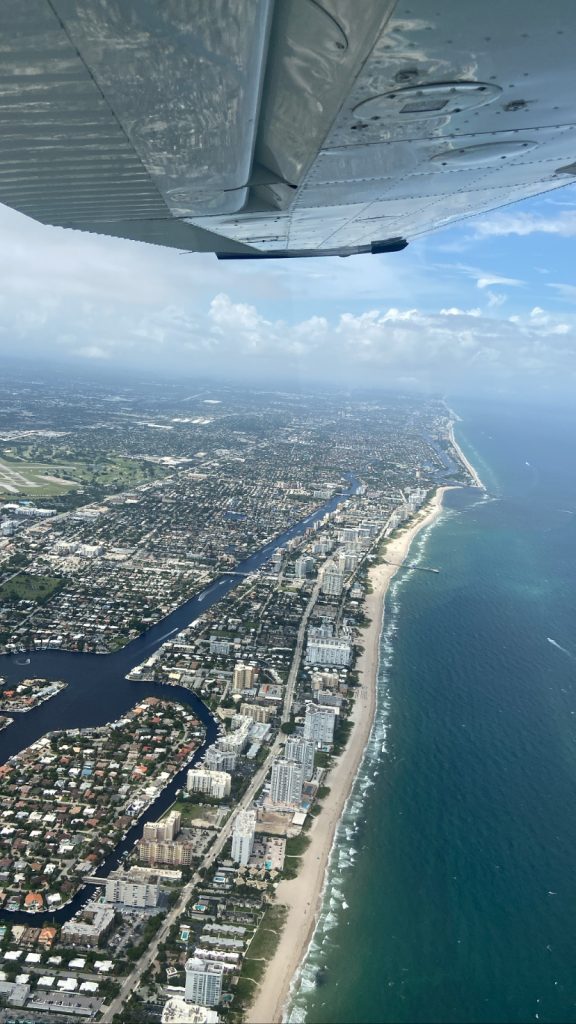
A-OSM Aviation Academy Flight Program
The program is divided into different phases that take students from basic flying to airline operations:
Basic flying: Learn the fundamentals of flight, solo flying, night flying, flight planning, and cross-country navigation.
Advanced flying – single/multi engine & simulator: Transition to instrument flying, multi-engine operations, simulator training, and emergency procedures.
Refresh flying & A-UPRT: Students also complete Advanced Upset Prevention & Recovery Training (A-UPRT) to meet EASA standards, covering stalls, spins, and unusual attitudes. Refresh flying is familiarization in European airspace and preperation before skill test.
Simulator – APS/MCC: Train in airline operations with multi-crew cooperation, crew resource management, and real-world scenario simulations (LOFT).
Outcome: Graduates are ready for airline Type Rating and Operator Conversion Courses, typically on the B737 or B787.
The OSM Aviation Academy Flight Program consists of five phases designed to develop your skills from basic flight maneuvers to advanced airline operations.
Phases 1, 2 & 3 (VFR Training): Focus on fundamental flying skills, starting with the four fundamentals of flight—climbs, descents, turns, and straight-and-level flight. Students progress to takeoffs and landings before completing their first solo flight. Phase 2 reinforces these skills with repetition, additional solo training, and night flying. In Phase 3, students advance to flight planning, navigation, cross-country (CC) flights, and solo cross-country exercises to build confidence in longer flights.
Phase 4 (IFR Training – C172/DA42 & B737NG Sim): Introduces instrument flying (IFR), where students fly in and above the clouds, practicing approaches and operating solely by cockpit instruments. Training includes B737 simulator sessions and Supervised Pilot in Command (S.P.I.C) exercises. Students transition to multi-engine and complex aircraft operations, focusing on emergency procedures and handling abnormal situations.
Phase 5 (B737NG Sim – APS/MCC): Covers Airline Pilot Standard (APS) and Multi-Crew Cooperation (MCC), essential for transitioning to airline operations. Training emphasizes Crew Resource Management (C.R.M.), flight navigation (F.N.), and operational challenges. Students engage in Line-Oriented Flight Training (L.O.F.T.), simulating real-world airline scenarios to refine teamwork and decision-making skills.
Additionally, students complete Advanced Upset Prevention and Recovery Training (A-UPRT) to meet EASA requirements for commercial pilots. This includes training on abnormal attitudes, stall recoveries, and spin recovery techniques. Upon successful assessment, graduates may proceed to Type Rating and Operator Conversion Courses based on airline demand for B737 and B787 pilots.
